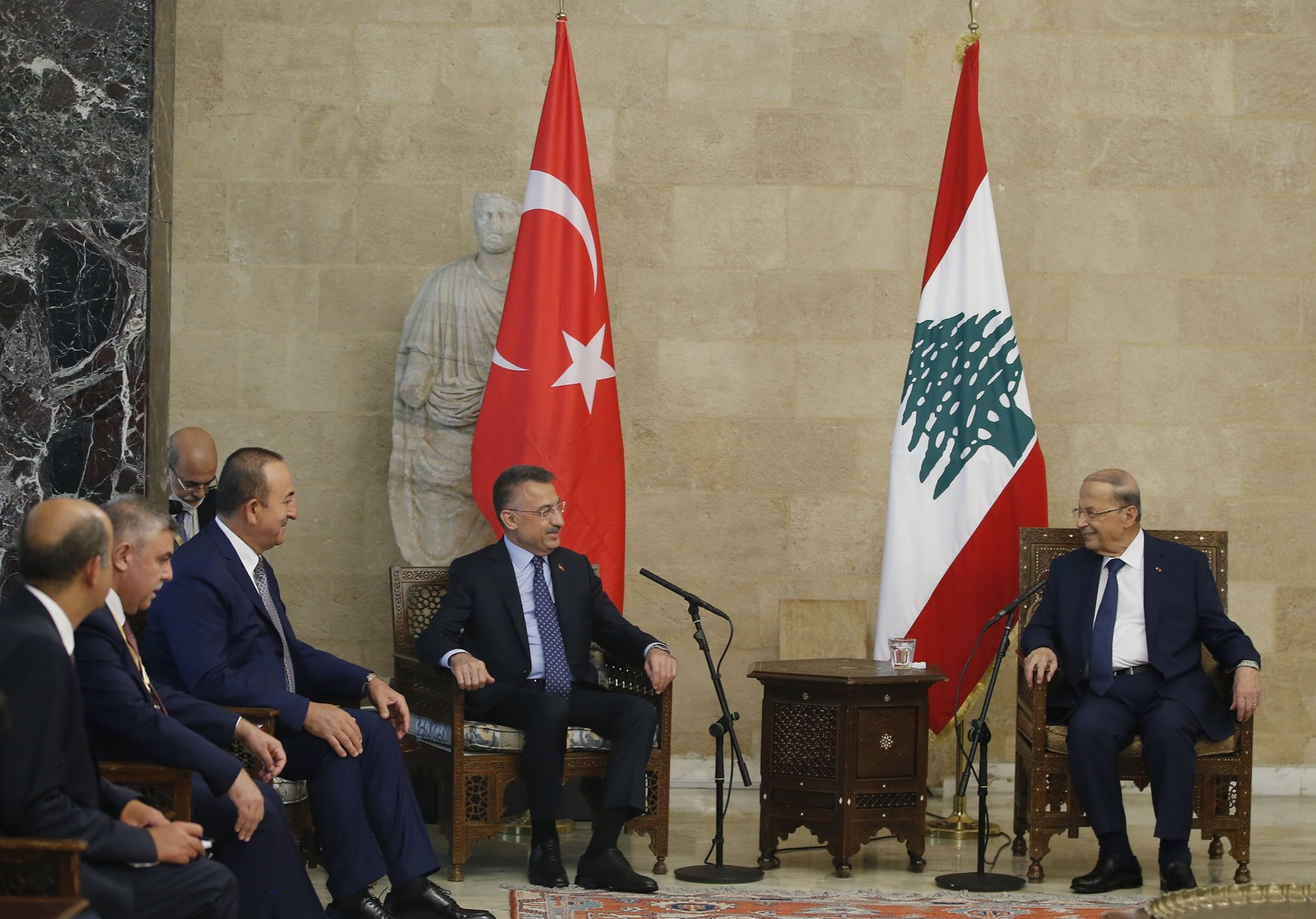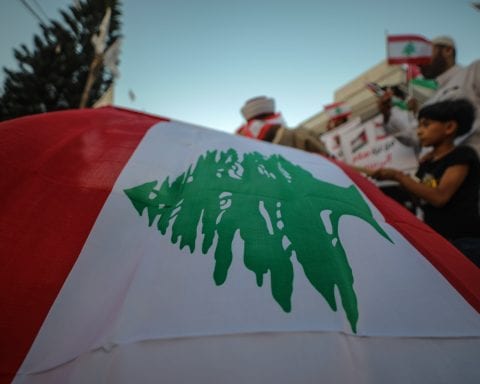A recent visit on February 1 by Lebanon’s Prime Minister Najib Mikati to Turkey implied that Lebanon and Turkey are seeking possible ways to strengthen bilateral ties. Both Prime Minister Mikati and Turkish President Recep Tayyip Erdogan’s remarks on the possible future of relations indicate this mutual determination. Despite lasting fragile internal dynamics and pervasive uncertainties in Lebanon, there are still some reasons to be positive about the trajectory of bilateral relations. In this context, analyzing the probable challenges and opportunities in the relations between two countries has recently become a more critical issue.
Re-discovering each other
Lebanon is a critical country in the Levant and East Mediterranean region with its ports, multi-sectarian identity, democratic position, and location between Syria and Israel. Therefore, it is indeed a summary of the policies of regional actors, and, unfortunately, we see negative implications of the regional competition between these countries. It is a country that has potential natural gas reserves in the unveiled maritime blocks but still faces energy-electricity problems owing to ongoing delimitation problems between Israel and Lebanon. It is a country where sectarian narratives dominate the political dynamics, and where people demonstrate surprising and motivating unity and solidarity against sectarian discrimination and political-instrumental usage of these symbols. In this context, Turkey represents a different alternative to this country, which is already ravaged, engulfed and frustrated by a complicated and tough socio-political crisis and the destabilizing impacts of regional interference.
Turkey offers an equal partnership, a win-win model, and the improvement of all ties, including cultural interactions, since there are also some Lebanese communities like Turkish relative communities and Sunni groups. However, that does not mean Turkey only has relations with Muslim-Turkish groups, including Shia sections, but also shows openness and aims to develop its relations with other communities, placing emphasis on the unity of Lebanese communities, its borders, and territorial integrity. Despite the historical background, there is a new momentum in the bilateral relations between the two countries, and as is clearly understood, particularly the Turkish embassy in Lebanon and other Turkish-affiliated non-governmental organizations (NGO) like the Turkish Cooperation and Coordination Agency (TIKA) and the Turks Abroad and Related Communities Directorate (YTB), all of them contributed to the emergence of this new but effective rapprochement and retained effective contacts with both Lebanese authorities and Turkish counterparts.
The challenges and opportunities ahead
It seems that both countries are well aware of the fact that possible rapprochement and deepening relations between the two will serve Lebanon’s stability and peaceful environment in the region as well. Lebanon has many complicated problems, and Turkey can be a key factor in at least easing the problems they encounter. As is always stressed, Turkey was the first country to rush to help the Lebanese people and authorities, and afterward, Turkey intended to enhance its relations with Lebanon on all fronts. Unlike Turkey’s recent Lebanon orientations, major actors like France and other key regional actors only used sectarian divisions in this country and this policy expectedly failed to yield positive results for Lebanese people and regional stability. These countries simply drew Lebanon to their side to protect their regional interests and to sustain their regional competition via Lebanon. In this context, some countries fabricated an anti-Turkish narrative to revert Turkey’s growing role in Lebanon since Turkey is one of the few actors to back stability in Lebanon, while other regional actors draw Lebanon into a somewhat chaotic situation. As Turkey has a non-sectarian and inclusive Lebanon approach, such a position seems to concern several regional actors that benefit from the chaotic and confrontational domestic dynamics of Lebanon. However, as the recent visit further clarified, both countries are well aware of the required rapprochement between the two countries, which would soothe the endemic problems in Lebanon through Turkey’s multi-dimensional support and would empower Turkey’s stabilizing and constructive regional position.
Now that certain conditions seem to exist between Lebanon and Turkey, both countries would accelerate their interactions following the recent visit of Lebanon’s Prime Minister Najib Mikati to Turkey. These interactions would probably focus on the improvement of economic ties, the possible cooperation on the construction of the Port of Beirut, the resolution of Lebanon’s infrastructure problems, negotiations on the ongoing energy problems in the Eastern Mediterranean, security cooperation, and Turkey’s active engagement with the political factions in Lebanon to manage the enduring political impasse in the country. Given the already powerful historical-cultural ties and touristic-economic relations between the two countries, if not averted by several regional-domestic challenges, there would be different momentum in bilateral ties. As is known from Lebanon’s previous experiences, there are complicated internal-external dynamics at work, and regional actors have a determinant position to shape the internal dynamics of Lebanon. Therefore, the possible rapprochement between Turkey and Lebanon is also closely related to the interests of these countries. As Lebanon’s internal instabilities and endemic problems have a certain regional dimension, if this dimension is balanced and limited by Turkey’s active and constructive role, this would bring stability to the country. Last but not least, the dimension concerning bilateral relations between the two countries is with regard to Lebanon’s geopolitical position, as the country enjoys similar strategic importance in the Eastern Mediterranean in the Levant (Mashriq) region like Libya does in the Maghreb.
In a nutshell, while Lebanon needs Turkey’s technical, humanitarian, economic, energy, and political support to cope with the chronic problems in the country, Turkey needs Lebanon to empower its constructive and stabilizing regional role, to revive maritime trade relations, and to strengthen its position in the Levant and Eastern Mediterranean.














